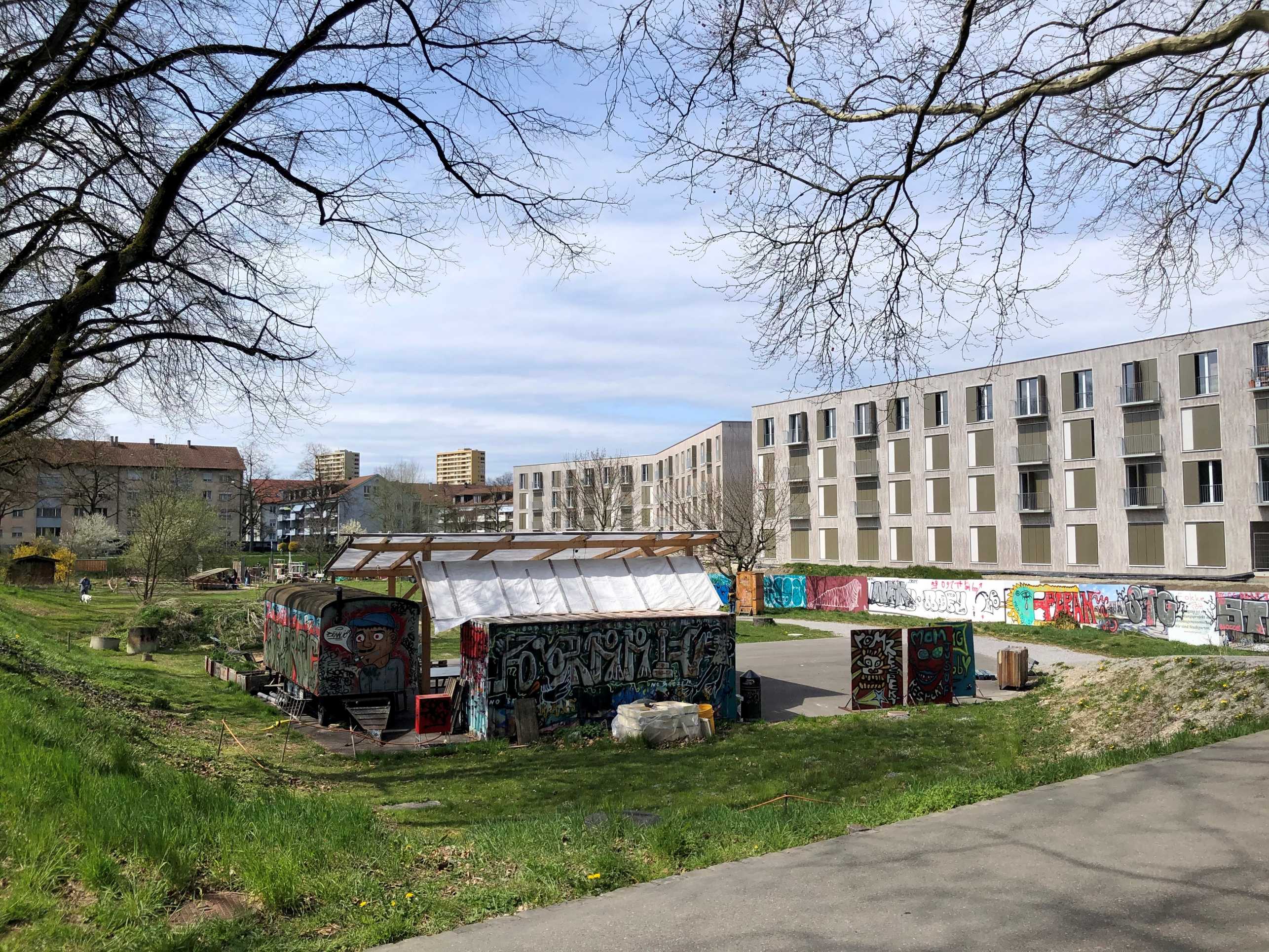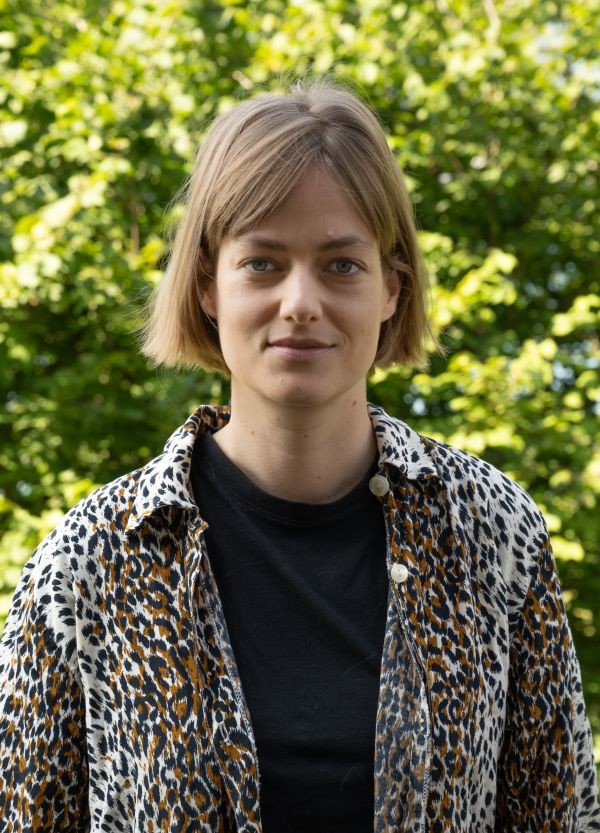"Densifying Switzerland": Acceptance and Public Support for Densification Projects in Swiss Cities
Since the revision of the Swiss Federal Spatial Planning Act (2014), Swiss cantons and municipalities are legally obliged to implement densification goals. The project studies factors that can explain the acceptance and support for densification in Switzerland. It integrates experimental survey research as well as the statistical analysis of observational data on real world spatial planning projects at local ballots in all 162 Swiss statistical cities. The focus lies on individual and project-related factors as well as political instruments such as ancillary planning policies (such as inclusionary zoning, rent control, or value capture) and participatory instruments. The latter two allow us to examine whether local governments and city planners have options at their disposal to enhance the democratic and societal acceptance of densification.
Introduction
Densification is the central paradigm of the current revisions of the Swiss Spatial Planning Act. There is a broad public and scholarly consensus that higher densities in metropolitan regions are desirable because it can contribute to the protection of undeveloped land, and has the potential to safeguard housing affordability. As a result, policymakers in the Global North have begun to formulate densification and upzoning policies that aim to enhance optimal and intensive land use. However, these densification projects tend to provoke (local) opposition, and they spark (local) public debates. Consequently, lacking public acceptance contributes significantly to slow rates of urban densification and urban housing production. Ensuring public acceptance and support for densification is therefore crucial for densifying agglomerations. The project aims at producing robust scientific findings that help (Swiss) spatial planning to better understand the needs and demands of the public with regard to densification. The research project should thus contribute to the overall goal of densification of metropolitan regions and agglomerations in Switzerland.
The project is funded by the Swiss National Science Foundation (from 2021-2025).

The Project
We apply a mixed-method research design to systematically study acceptance and support for densification in all 162 Swiss statistical cities (ten cities with more than 50’000 inhabitants and 152 small and medium-sized towns with between 5’000-50’000 inhabitants). The research project integrates experimental survey research as well as the statistical analysis of observational data on real world spatial planning projects at local ballots. The survey will draw on a representative sample from the 162 Swiss statistical cities to examine the acceptance of different densification scenarios. The observational analysis will be based on an intense data collection effort that includes all local ballots on spatial planning issues in the 162 Swiss statistical cities between June 2002 and the end 2020. The focus lies on individual and project-related factors as well as political instruments such as ancillary planning policies (such as inclusionary zoning, rent control, or value capture) and participatory instruments. The latter two allow us to examine whether local governments and local planners have options at their disposal to enhance the democratic and societal acceptance of densification.
Publications
Debrunner, G. (2024): The Business of Densification. Governing Land for Social Sustainability in Housing. Springer Nature/Palgrave Macmillan: London. external page https://doi.org/10.1007/978-3-031-49014-9
Wicki, Michael, and David Kaufmann (2022): external page Accepting and resisting densification: The importance of project-related factors and the contextualizing role of neighbourhoods. Landscape and Urban Planning: 220 (104350).
Wehr M, Wicki ML, Wittwer S, Kaufmann D. (2025): Beyond NIMBY-ism: rethinking acceptance of housing densification in a direct democratic renters society. Journal of Public Policy. Published online 2025: 1-29. external page doi:10.1017/S0143814X25100883
Further publications on the topic
- Debrunner, Gabriela; Gairing, Mona (2024): Who is densifying our cities, where and how? Con-tribution of systematic landownership and property data analyzes to the effective settlement densification, ETH Zurich. external page https://doi.org/10.3929/ethz-b-000661636
- Gerber, J-D.; Debrunner, G. (2022): Planning with power. Implementing urban densification policies in Zurich, Switzerland, external page Land Use policy, 123, 1-13.
- Debrunner, G.; Jonkman, A.; Gerber, J.D. (2022): Planning for Social Sustainability. Mechanisms of Social Exclusion in Densification through Large-Scale Redevelopment Projects in Swiss Cities, external page Housing Studies.
- Debrunner, G.; Gerber, J.D. (2021): The Commodification of Temporary Housing, external page Cities, 108.
- Debrunner, G.; Hartmann, T. (2020): Strategic Use of Land Policy Instruments for Affordable Housing – Coping with Social Challenges under Scarce Land Conditions in Swiss Cities, external page Land Use Policy, 99.
- Debrunner, G.; Hengstermann, A.; Gerber, J.D. (2020): The Business of Densification – Distribution of Power, Wealth, and Inequality in Swiss Policy Making, external page Town Planning Review, 91(3), 259-281.
Milestones
# International Research Workshop on Governance and Densification
Three universities, and three ongoing research projects on densification: Implementation challenges and the sustainable governance of densification are urgent urban topics worldwide. To discuss these challenges, on March 13th 2023, we organized an international workshop with scientists from the Geography institute at the University of Bern and Spatial Planning at TU Dortmund University to share knowledge and results from three research projects. Besides the input talk of Prof. Thomas Hartmann on land policy for the new land question, twelve participants contributed to a lively discussion around densification through the afternoon.
Many thanks to all contributors!
Dr. Thomas Hartmann Jean-David Gerber Gabriela Debrunner David KaufmannMichael Wicki Stefan Wittwer Cornelia Roboger Josje Bouwmeester Jessica Verheij Vera Götze Malte W. Deniz Ay.
#Coding-Retreats: An interdisciplinary SPUR research team works on the development of an intense densification database
In our SNSF project "Densifying Switzerland", an interdisciplinary team of five researchers is working at SPUR on the intense data collection that includes all local ballots on spatial planning issues in the 162 Swiss statistical cities between June 2002 and the end 2020 (over a period of 18 years). The purpose of this collection is to provide for urban practitioners, city planners, policymakers, activists, and others a comprehensive overview over the political debates around and beyond densification. Thereby, we will be able to finally assess what factors contribute to higher acceptance of densification initiatives, how they are debated by whom, and with policy instruments densification processes can be guided effectively. The insights gained from this project may also have broader implications for urban planning and policy-making in other regions and countries facing similar challenges related to densification.
Team Members
Principal Investigator
Deputy head of Inst Spatial and Landscape Development
Raumentwicklung und Stadtpolitik
Stefano-Franscini-Platz 5
8093
Zürich
Switzerland

Project Lead
Raumentwicklung und Stadtpolitik
Stefano-Franscini-Platz 5
8093
Zürich
Switzerland

Doctoral Candidate
Raumentwicklung und Stadtpolitik
Stefano-Franscini-Platz 5
8093
Zürich
Switzerland
Researcher
Inst. f. Raum- u. Landschaftsentw.
Stefano-Franscini-Platz 5
8093
Zürich
Switzerland

Researcher
Raumentwicklung und Stadtpolitik
Stefano-Franscini-Platz 5
8093
Zürich
Switzerland

Student Assistant
HIL H 29.3
Schweiz
Student Assistant
Schweiz
Student Assistant
Schweiz